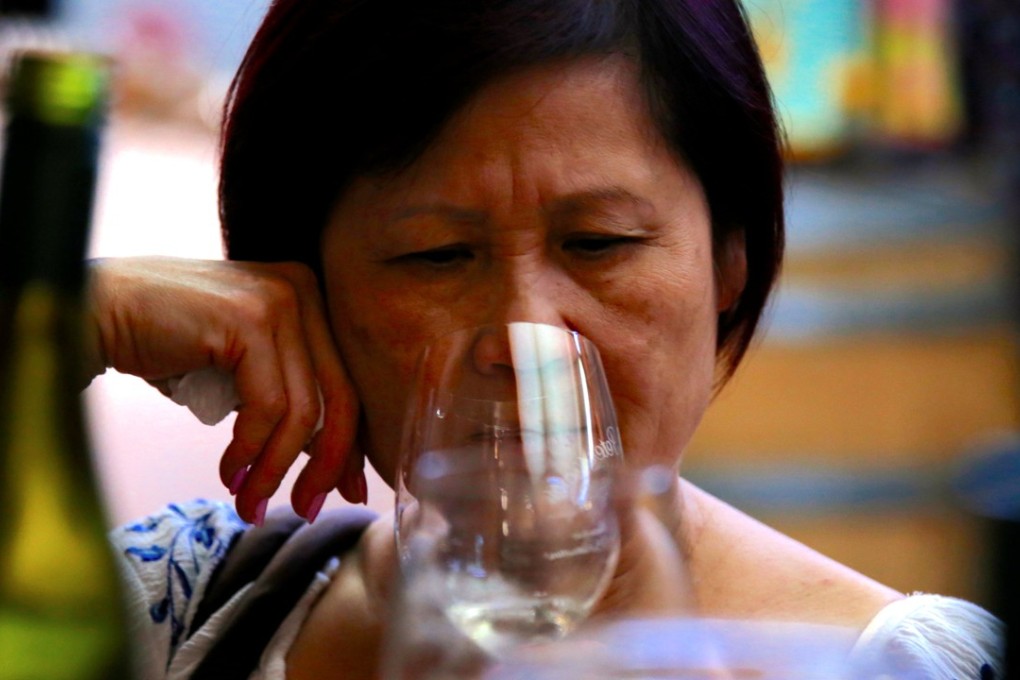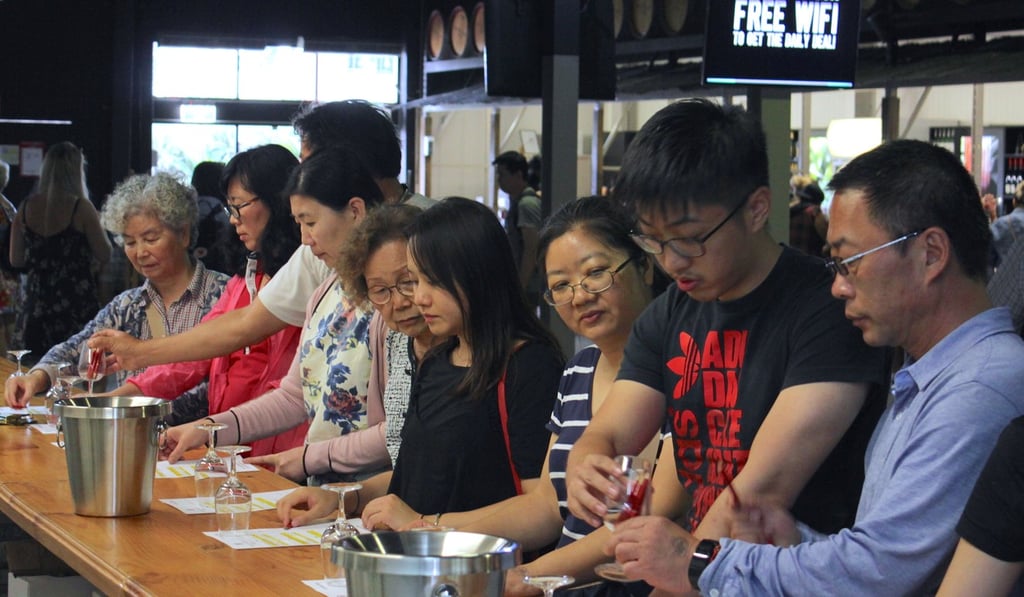Grapes of wrath: dark clouds for Australian winemakers as China ties sour
Diplomatic quarrels between Canberra and Beijing are spilling over into the business world, threatening to upset the rising star of Australian exports: wine

Set in the rolling green hills outside the Queensland capital of Brisbane, Sirromet Winery has placed big bets on China. Exports of its Australian vintage now make up 30 per cent of its total sales, double what it was five years ago. Such is its popularity that Sirromet is now visited regularly by tourists from mainland China, necessitating the need for dedicated Mandarin speaking guides.
“The Chinese really buy into the quality of the product and the fact it’s natural and grown in a clean environment,” says Sirromet general manager Rod Hill.

How Australian wines breached the Grape Wall of China
Last year, Australian journalists on a study tour of the mainland were warned of a possible boycott of a wide range of Australian goods because of what China calls unfounded accusations against the mainland. Now, with bottles of Australian Chardonnay and Riesling languishing dockside, those warnings appear to have been at least partly correct.
Beijing, which until recently had considered Australia a reliable trading partner best known for blue skies, koalas and kangaroos is increasingly angry at Australia for what it considers politically motivated attacks on Chinese citizens living in Australia.